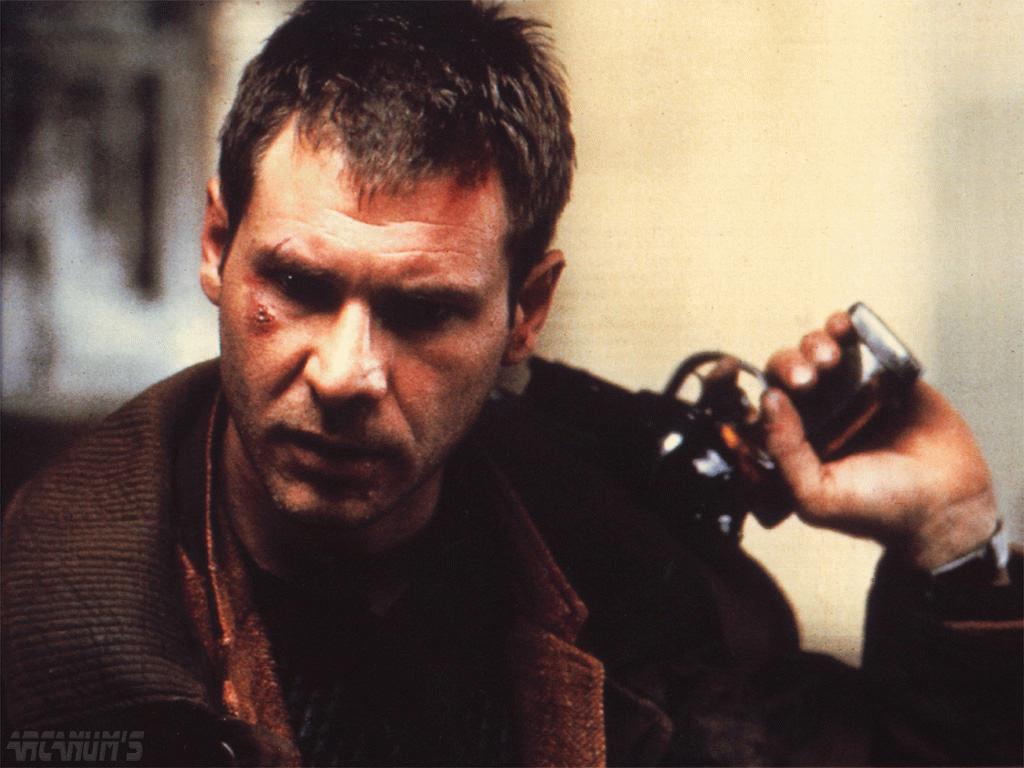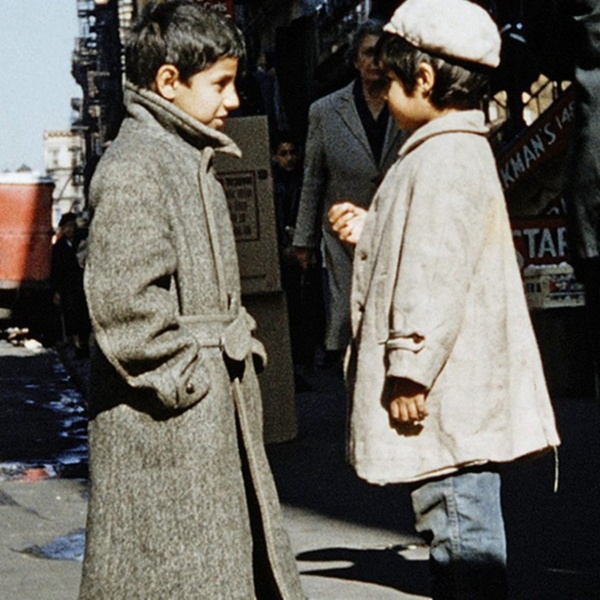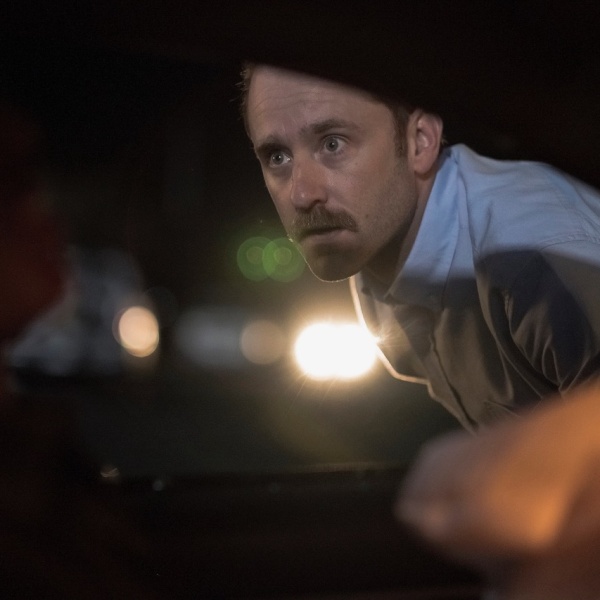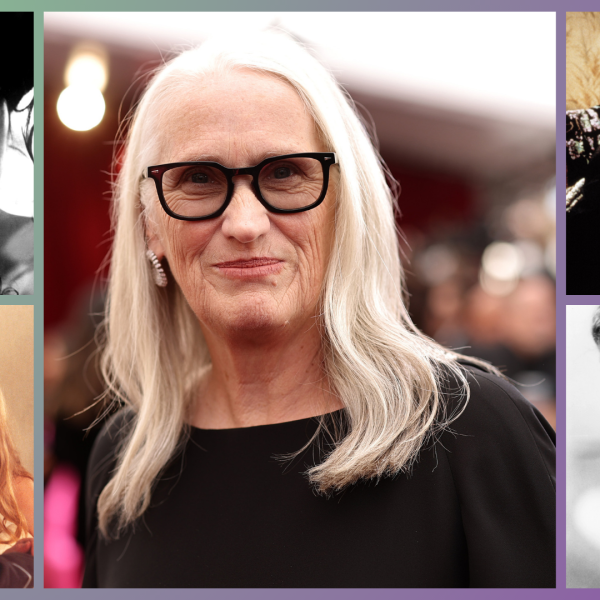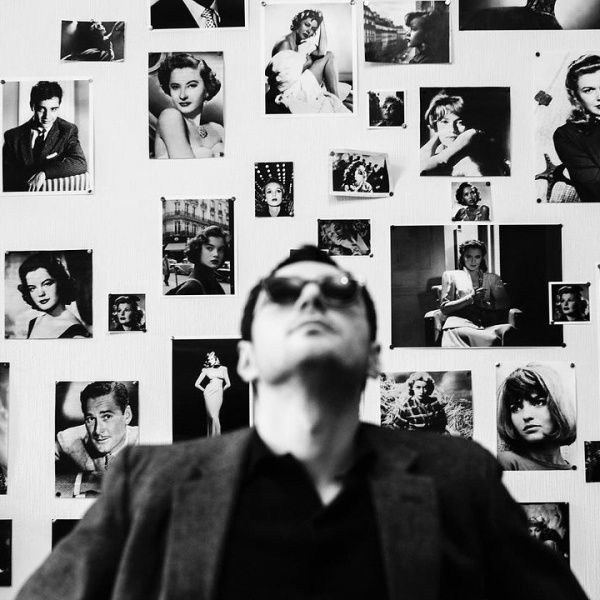
For a time in the 1980s and 1990s, Harrison Ford was untouchable, and basically the biggest movie star in the world. He’d cropped up in bits and pieces in the 1970s (most notably small roles in “American Graffiti” and “The Conversation,”) but Han Solo turned him into an instant matinee screen idol: he was the beating human heart in George Lucas’ “Star Wars,” cynical and vulnerable at once, the figure that made all the cosmic silliness fly with audiences, and appropriately became the franchise’s biggest break-out star. Only a few years later, lightning struck again, when he was made the last minute replacement for Tom Selleck in Lucas and Steven Spielberg’s “Raiders of the Lost Ark,” a hall-of-fame action-adventure that would spawn three sequels.
The 1980s, while dominated by the “Star Wars” and ‘Indy’ sequels, also included a couple of genre classics, “Blade Runner” and “Witness,” and he even paid off in a romantic comedy, “Working Girl,” and the early 1990s brought three back-to-back action hits: two in the Jack Ryan franchise, “Patriot Games” and “Clear and Present Danger,” plus “The Fugitive,” the rare film in the genre to win a Best Picture Oscar nomination. Sadly, since 1997’s “Air Force One,” things haven’t been so lucky: only “What Lies Beneath” (his sole villainous turn) and “Indiana Jones and the Kingdom of the Crystal Skull” were hits, and virtually nothing he made after this period was very good.
Instead, the patchy likes of “Random Hearts,” “Six Days Seven Nights,” “Hollywood Homicide” and “Firewall” have followed, all of which he seemed to sleep through. Poor career choices seemed to haunt his every turn. He famously turned down “Syriana” and “Traffic” (he was even offered Val Kilmer’s part in “Kiss Kiss Bang Bang,” and almost starred in a Nicolas Winding Refn thriller) and took the ill-conceived “Crossing Over” as penance for the latter, to no great effect, while things reached something of a nadir with last year’s movie-of-the-week “Extraordinary Measures.” We’re hopeful that things may turn around yet, however: while neither “Morning Glory” nor “Cowboys & Aliens” turned out to be much (read our review of the latter here), Ford seemed more engaged in both than he’s been in anything in a couple of decades.
With Jon Favreau’s sci-fi western hitting theaters on Friday, we wanted to use the excuse to cast our eye over Ford’s career, and remind ourselves that he wasn’t just a charismatic, funny movie star, but also a damn fine actor when he wanted to be, working with some of the most interesting directors around, in material that genuinely challenged him. Hopefully Ford himself will recall that as well, and take a chance on the next time a Soderbergh or a Shane Black tries to give him a call.
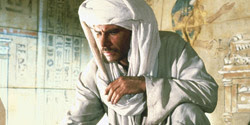 “Raiders Of The Lost Ark” (1981)
“Raiders Of The Lost Ark” (1981)
As much as Harrison Ford tried to use his breakout stardom in the “Star Wars” franchise to do smaller fare like the 1979 films “Hanover Street” and “The Frisco Kid,” it seems the actor was destined — at least in the early stage of his career — to be a blockbuster franchise actor. So perhaps it’s no surprise that between “The Empire Strikes Back” and “Return Of The Jedi” Ford once again found himself in the hands of George Lucas, only this time, with somebody named Steven Spielberg directing. The result was the first Indiana Jones film, one that is arguably an even more career defining part than Han Solo. Here’s why. While Han is certainly a much needed boost of humor and testosterone beside the milquetoast Mark Hamill and gallery of otherworldly creatures in the “Star Wars” films, it’s really in the Indy films where Ford emerged as his own leading man. The film’s opening gambit, the now famous golden idol scene, is dialogue free but tells us everything we need to know about our hero: determined, daring and tough as nails in the pursuit of his goals. But what emerges is a much more complex character, a professor by day, an adventurer by night, who boasts a worldwide network of friends, yet still has troubled relationships with women. Economic with words, and a fan of using a whip over a gun (but he will use the latter when it’s the easier option) Indiana Jones lives by his own curious code even if it makes breaking the rules others set out for him. Carrying a massive film on his own for the first time, Ford commands the screen with charisma and swagger of matinee idols of yore, and how appropriate, since the film itself is an homage to those very movies that inspired Lucas and Spielberg before they made their way to Hollywood.
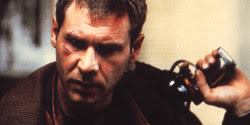 “Blade Runner” (1982)
“Blade Runner” (1982)
Famously, Harrison Ford wasn’t the first choice to play Replicant-hunting detective Deckard in Ridley Scott’s visionary sci-fi masterpiece “Blade Runner.” It was Dustin Hoffman, whose wiry collection of nervous tics seem pointedly at odds with the kind of tough guy stoicism Ford eventually brought to the role, who had several meetings and discussions with the filmmakers (he left for unspecified reasons). Although now seen as a genuine classic, “Blade Runner” was a stretch for Ford at the time. After all, this was a dark, moodily atmospheric piece that would push his dramatic range and came after completing the bubbly pop entertainments of “Star Wars,” “Raiders of the Lost Ark,” and “The Empire Strikes Back.” Ford might have been his most handsome in “Blade Runner,” his hair sharply styled, his overcoat billowing in the movie’s constant downpour, and cutting an imposing figure is key in a movie like this, to stand out against the flying “spinners,” the Tokyo a-go-go cityscape, and Daryl Hannah’s make-up. Ford’s performance is a minimalist gem, his internal struggle is only amplified by the philosophical implications of the movie’s lingering question – is Deckard actually a Replicant, the thing he’s vowed to hunt down and destroy? In the end, the question is more interesting than the answer, thanks largely to Ford’s understated portrayal. While Ford has been fairly open about his dislike of “Blade Runner” – both the process, which involved taking direction from the mercurial Scott and being soaked to the bone, day in and day out, and the movie itself, which Ford felt was crippled by the last minute addition of voice over narration. Listening to that narration (which was inserted clumsily at the last minute to help audiences understand the film’s futuristic world), you can hear how bored and pissed off Ford is, each one sounding like a single take that probably ended with Ford shouting “Can I go now?” Thankfully, the theatrical version with the voice over has been dumped in favor of subsequent “director’s cuts” that preserve Ford’s magnificent performance while losing the junk that he rightfully rallied against.
 “Witness” (1985)
“Witness” (1985)
For our money, Harrison Ford’s most interesting work came with his fruitful, but short-lived collaborations with Australian director Peter Weir. In a career that spans some of the most iconic genre roles in the history of cinema, good ol’ surly and suffer-no-fools-gladly Ford has been only nominated for an Oscar once. And that once was for Peter Weir’s near-perfect, flawlessly scripted 1985 drama, “Witness” — arguably Ford’s finest acting moment on screen and the filmmaker’s best film; it is a confluence of everything great about these two collaborators. While once again playing a heroic type — John Book, a Philadelphia cop with a badge and a gun — he’s not the insouciant wisecracker like Indy or Solo, nor is he a knight in shining armor either. Instead Book seems like normal, working-class detective trying to solve a case: a young Amish boy (Lukas Haas in his screen debut) witnesses a murder in a local bus station. During routine questioning, the boy fingers the perpetrator of the murder — a fellow Philly murder detective (Danny Glover). Book carefully tries to broach this news with his superiors, but an attempt on his life convinces him to go into hiding with the boy and his mother (Kelly McGillis) in the isolated milieu of Amish country. The thriller then becomes a romance cum culture clash and fish out of water tale with Ford’s character representing the big, oafish brute of society, ignorance and consumerism that is ruining things like the values of quaint, peaceful and non-violent Mennonites. As he falls for Rachel, the boy’s mother, he begins to empathize, understand and most importantly respect these people’s way of life (the film also featured excellent performances by Jan Rubes and Josef Sommer). While it’s an unflashy turn opposite his better known roles, it’s full of subtle dimension, quiet mood and tenor and just the right amount of intensity when needed. It’s overfull with memorable moments, including a song and dance in a barn to “Wonderful World” by Sam Cooke, to a moving moment where Ford disarms an armed villain with nothing more than righteous morality and self-sacrifice. Nominated for eight Academy awards (it won two) “Witness” finds the actor in a superbly graceful and thoughtful manner; this is Ford’s finest and yet most underrated moment on screen.

Not long after its release, Ford lamented that “The Mosquito Coast” was the only film he’d ever starred in that had lost money. While the likes of “Extraordinary Measures” and “Morning Glory” have joined that list now, it was certainly a shock at the time: Ford had had back-to-back hits, and reteaming with his “Witness” director promised much, particularly as they were adapting the hugely acclaimed novel by Paul Theroux, with a script by “Taxi Driver” scribe Paul Schrader. While the film is far from perfect (it got pretty bad reviews at the time, but has since been looked on more favorably), it’s a shame that it flopped so hard, because it’s home to Ford’s most atypical, and possibly best, performance. As Allie Fox, the patriotic inventor who uproots his family to Central America because he can’t stand to see America slip into a consumerist nightmare, he’s a revelation: a stubborn bull of a man, one not beyond deceit, and even violence, to keep his dream of establishing a new, utopian society alive. Watching the man who was Han Solo and Indiana Jones lie to his children, telling them that the United States has been wiped out in a nuclear war, before trying to burn down a church, is a real shock even today, and Ford brilliantly embodies a particular kind of obsession: the film is a strange cousin to Herzog‘s “Fitzcarraldo” in many ways. Indeed Ford dominates to such a degree that even tremendous actors like Helen Mirren and River Phoenix sink into the background, thanks mainly to underwritten roles (only Andre Gregory, of “My Dinner With Andre” fame, manages to go toe-to-toe with the star). Ford defended it at the time, saying that “I have never seen a serious film treated so badly by the critics. And I think they’re wrong… This is the sort of movie that really doesn’t sink home for about three days. It is disturbing and makes you think. It stays with you,” but he’s never taken such complex material since, and you suspect that the film’s failure scared him off.

Both Ford and director Roman Polanski were coming off big flops when they teamed up in 1988 — the former with “The Mosquito Coast,” the latter with the colossal disaster “Pirates.” Fortunately, their collaboration, the Hitchcockian thriller “Frantic,” was hugely enjoyable, the kind of smart, impeccably-executed thriller that doesn’t really get made anymore. Ford plays a surgeon on a trip to Paris, whose wife disappears mysteriously. With no help from the authorities, he sets out to find her, and discovers that the couple have accidentally become involved in a terrorist smuggling plot. It’s full of colorful background characters, not least Emmanuelle Seigner as the smuggler who aids Ford (she would marry her director the year after), and Polanski paints Paris with the eye of someone who knows the ins and outs of the city like the back of his hand. And Ford is marvelous in it; in many ways, this is the performance he’d consistently return to over the next couple of decades, from “The Fugitive” to “Firewall,” the ordinary man in extraordinary circumstances, but he’s never done it better than he did here; nervy, stiff and unbelieving, he’s an unlikely ‘wrong man’ hero in the best Hitchcockian traditions. The ending over-eggs the pudding a bit, but for the most part it’s terrific, and doesn’t necessarily get the credit it’s due these days.
Alternates: We know we’ll get a million comments about it, but as you’ll have noticed, we opted not to include Ford’s performances as Han Solo in any of the “Star Wars” films, for the reasons gone into above. But that isn’t to say that he isn’t great in the films: he absolutely is, and they wouldn’t work anywhere near as well without him. But more than enough has been said over the years, there are more interesting performances to highlight, and he’s better in “Raiders” anyway.
Now that we’ve got that out the way, what else do we have left? “American Graffiti” was the first hint of his star quality, as an obnoxious drag racer, but the part doesn’t quite feel significant enough to make it in here. He’s surprisingly good value as an outlaw teamed with Rabbi Gene Wilder in Robert Aldrich’s “The Frisco Kid,” but the film is more or less forgotten for a reason: it’s harmless fun, but not much beyond that. “Working Girl” showed he could work nicely in comedy, “The Fugitive” is one of his better 1990s action performances (there’s a desperation to him that really sells the situation), and, while the J.J. Abrams-scripted “Regarding Henry” is pretty weak, Ford’s decent in the film. And as we said, “Morning Glory” displayed a fun turn from the actor, that could see him move into a third act of Walter Matthau-style curmudgeonry. Let’s just hope he learns to pick his scripts better in the near future.
— Oliver Lyttelton, Rodrigo Perez, Kevin Jagernauth, Drew Taylor
